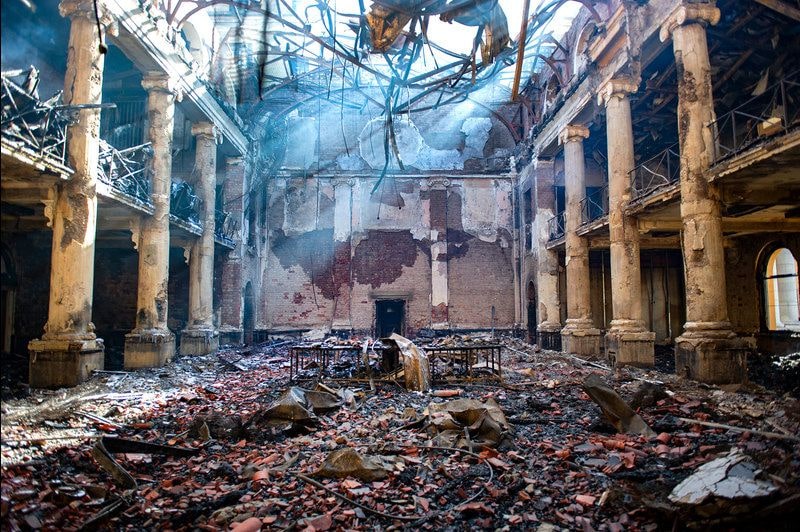Brecht Declercq has been working at the International Federation of Television Archives (FIAT/IFTA) for nearly 7 years, serving as their President for the last two, representing and leading the federation in its vision and mission in their quest to protect media archives. ‘Create Incredible’ sits down to talk about global inequalities in protecting our heritage and the way that students can get involved in archiving.
With a past in studying history, which when combined with his childhood hobby of radio-listening, was a natural catalyst for Brecht to gravitate towards archiving, particularly radio archiving. Since then, he has worked all over Europe: as a radio archivist for the Flemish public broadcaster VRT, as digitisation manager at meemoo, the Flemish Institute for Archives, and now in Switzerland where he works for FIAT/IFTA.
‘It all comes down to a few passionate people who can convince politicians and demonstrate the heritage value that archives have, whether its a political, social, historical or economic value’
– Brecht Declercq
When asked about the greatest threats to archiving, Brecht replies that there is a tendency in the wealthier areas of the world to think that digitisation is nearly completed, but when we take a global outlook, there are still inequalities in our archives.
Experts predicted 10 years ago that by today it would become unaffordable to digitise large audio-visual collections (mainly magnetic audio and video), and he’s worried that it’s too late for most people to digitise theirs.
This means that under-developed countries will struggle with the cost to afford to digitise their collections, and by consequence will now be lost. It was heartbreaking to talk about how huge communities and countries will lose their heritage, and Brecht points out that many countries in Africa and Asia will lose records of the birth of their countries.
With many countries being legally decolonised in between the 40s and 60s – the period of the birth of video – they lose the history of their inception, and only cements the deeply unfair disparities between countries and a double standard. Who gets to keep their history?
Organisations like Brecht’s have been founded with this goal to help preserve and archive audio-visual materials, providing a forum and network for any archivist struggling with this issue. He highlights the importance of connections to politicians or to places like UNESCO which has the power to affect the politics of heritage and recognise its value.
For example, FIAT/IFTA helped support the National Archives of Zimbabwe, putting together a film digitisation project, but in comparison to neighbouring countries, they have no contacts there and are unable to know the state of audio-visual archiving.
Although Brecht is optimistic for the future, and celebrates the spreading awareness in countries, he points out other challenges that archivists face today in regards to copyright, which restricts archivists from copying and storing digitised versions. As a consequence, they can be lost, like in the recent fire of the University of Cape Town’s reading room. They lost most of the 70,000 African Studies published print collections, 3500 African Studies DVD’s, a collection of manuscripts and archives that had been recently digitised or were about to be processed or digitised, amongst other things.

As the world of media is rapidly changing, archives are having to position themselves in apprehension of preserving today’s media that will one day be our heritage. But audiovisual media is so ripe today that its prevalence will not be overlooked.
Despite this, what is most rewarding about being an archivist, Brecht argues, is that your work gets valued in society and can be used as a tool for education. Whilst working at meemoo, the Flemish Institute for Archive, they created an educational platform to share their countries radio heritage with students in classrooms all over Belgium. Excitingly, other countries around the world are now copying this idea. Brecht quotes a colleague who says ‘without use, our shelves are empty’.
‘Optimism is a moral duty but the challenges are huge’
– Brecht Declercq

